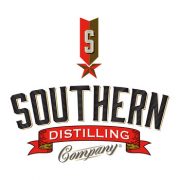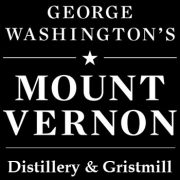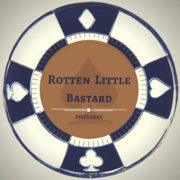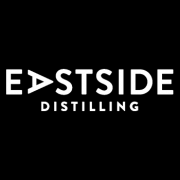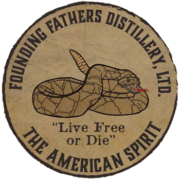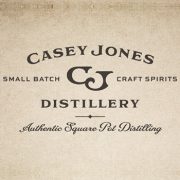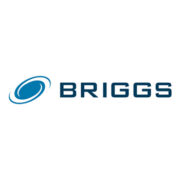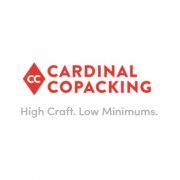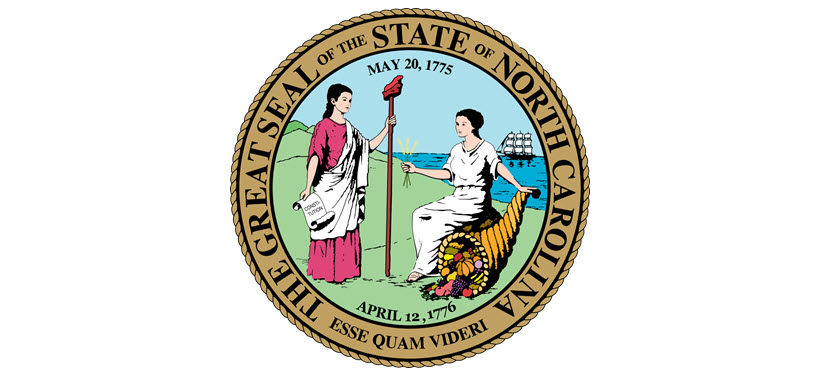
First time distillery visitors are often surprised that the adult beverage that they just spent an hour or so learning about is not available for sale at the end of the tour. They can buy hats, key rings, T-shirts, books about the history of the distillery but often not the actual product they love. The laws governing the sale of alcohol at a distillery vary by state. The state of North Carolina just got one step closer to allowing distiller’s to sell their product to guests that tour their distillery.
The Charlotte Chamber reports that North Carolina House Bill 909 – ABC Omnibus Legislation – was given tentative approval on the Senate floor on June 4, 2015 by a vote of 40-8. One of the bill’s more notable provisions would allow distilleries who make less than 100,000 proof gallons per year to sell liquor by the bottle, the first time liquor would be available outside of an ABC Store in North Carolina since Prohibition. Bottled liquor purchases would, however, be limited to one bottle per person over a 12 month period. Distilleries that support the measure argue that the change will result in more sales and better tax revenue for the state, but the North Carolina Association of ABC Boards says that the change will take away much-needed business from their stores.
Here are the highlights of the bill. There are few hoops that the distillery must jump through but it’s worth it to allow for the Direct-to-Consumer (DTC) sale and to create a better customer experience for the time spent with their favorite brand.
- Consumption of the spirit is for off premise
- Distillery must produce less than 100,000 proof gallons per year
- Prices are set by the state ABC store
- Bottles must have affixed a sticker that bears the words, “North Carolina Distillery Tour Commemorative Spirit”
- No more than one bottle per calendar year
- Distillery must keep an electronic record for at least one year that includes the purchaser’s name, drivers license number, and date of birth. If they don’t already have an electronic Point of Sale (POS) system, now is the time to make this investment.
Here is the detail from the actual proposal.
GENERAL ASSEMBLY OF NORTH CAROLINA SESSION 2015
21 ALLOW DISTILLERY PERMIT HOLDERS TO SELL SPIRITUOUS LIQUOR
22 DISTILLED ON PREMISES TO VISITORS OF THE DISTILLERY FOR
23 CONSUMPTION OFF THE PREMISES
24 SECTION 4.(a) G.S. 18B-1105(a) reads as rewritten:
25 “(a) Authorized Acts. – The holder of a distillery permit may:may do any of the
26 following:
27 (1) Manufacture, purchase, import, possess and transport ingredients and
28 equipment used in the distillation of spirituous liquor;liquor.
29 (2) Sell, deliver and ship spirituous liquor in closed containers at wholesale to
30 exporters and local boards within the State, and, subject to the laws of other
31 jurisdictions, at wholesale or retail to private or public agencies or
32 establishments of other states or nations;nations.
33 (3) Transport into or out of the distillery the maximum amount of liquor allowed
34 under federal law, if the transportation is related to the distilling process.
35 (4) Sell spirituous liquor distilled at the distillery in closed containers to visitors
36 who tour the distillery for consumption off the premises if the distillery
37 manufactures less than 100,000 proof gallons per year. Sales under this
38 subdivision are allowed only in a county where the establishment of a county
39 or municipal ABC store has been approved pursuant to G.S. 18B-602(g) and
40 are subject to the time and day restrictions in G.S. 18B-802. Spirituous
41 liquor sold under this subdivision shall (i) be sold at the price set by the
42 Commission for the corresponding North Carolina code item, including all
43 applicable excise taxes, bottle charges, and sales taxes and (ii) have affixed
44 to its bottle a sticker that bears the words “North Carolina Distillery Tour
45 Commemorative Spirit” in addition to any other labeling requirements set by
46 law. Consumers purchasing spirituous liquor under this subdivision are
47 limited to purchasing, per calendar year, no more than one of any North
48 Carolina code item listed for sale in the State. The distillery shall use a
49 commonly adopted standard point of sale system to maintain searchable
50 electronic records captured at the point of sale, to include the purchaser’s
51 name, drivers license number, and date of birth for at least one year from the
1 date of purchase. The distillery shall not sell any North Carolina code item to
2 a customer who has purchased the item in the last year. The distillery
3 permittee shall remit all excise taxes, bottle charges, and sales taxes derived
4 from sales under this subdivision to the Department of Revenue in
5 accordance with Article 2C of Chapter 105 of the General Statutes. The
6 Commission shall adopt rules regulating the retail sale of spirituous liquor
7 under this subdivision.”

